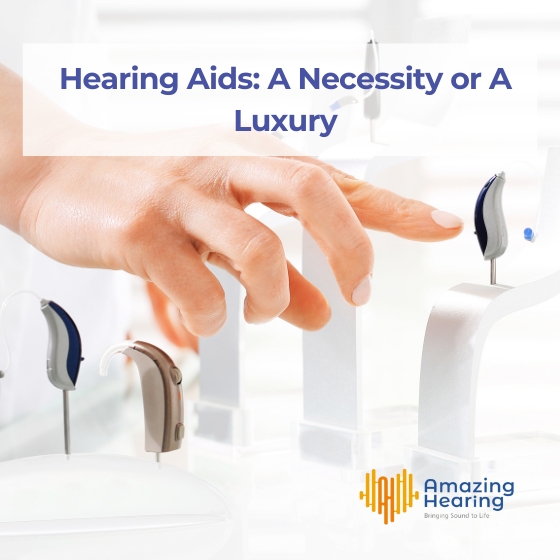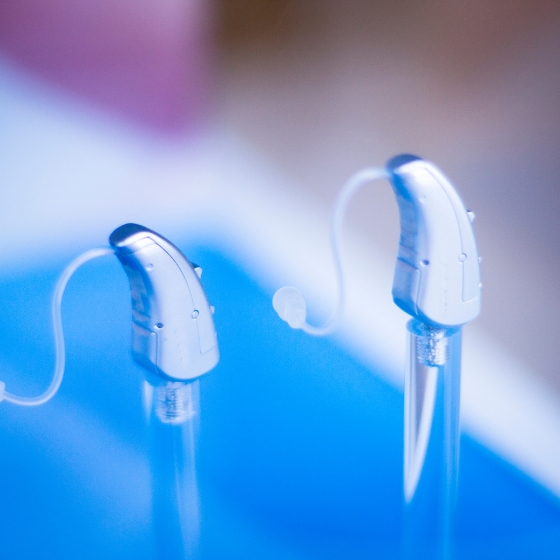There is a growing debate about whether hearing aids are a necessity or luxury. Some argue they are essential for those with hearing loss to function in everyday life, while others claim they are simply a luxury item.
Today, we will explore both sides of the argument and discuss why hearing aids may be more than just a luxury item.
Hearing Aids as a Luxury
One of the main arguments for hearing aids being a luxury is their high cost. Hearing aids can range from hundreds to thousands of dollars, making them unaffordable for many individuals.
Some also believe hearing loss is not a life-threatening condition, and therefore does not require treatment. They view hearing aids as simply a way to improve one’s quality of life, rather than a necessity.
However, this perspective fails to acknowledge the impact of untreated hearing loss on an individual’s mental health and well-being. It can lead to feelings of isolation, depression, and frustration.
In this sense, hearing aids are more than just a luxury item; they are an important tool in maintaining one’s emotional and social health.
Hearing Aids as a Necessity
On the other hand, many argue that hearing aids are a necessity for those with hearing loss. With an estimated 466 million people worldwide suffering from disabling hearing loss, it is clear that this is not just a minor issue.
Hearing aids allow individuals to effectively and fully participate in daily activities, such as work, school, and social gatherings. They also play a crucial role in maintaining independence and safety, as hearing loss can put individuals at higher risk for accidents and falls.
Furthermore, untreated hearing loss has been linked to cognitive decline and dementia. By using hearing aids, individuals can potentially delay or even prevent these conditions from developing.
Next Step: Accessibility and Affordability
It is clear that hearing aids serve an important purpose for those with hearing loss. However, accessibility and affordability remain a major barrier for many individuals.
In some countries, there are programs to provide free or subsidised hearing aids to those in need. But these programs often have limited funding and may not cover all types of hearing aids.
In addition, industry efforts are being made to make hearing aids more affordable and accessible. Advancements in technology have led to lower-cost options, such as over-the-counter hearing aids and self-fitting devices. Additionally, some insurance plans now offer coverage for hearing aids.
Takeaway
While the high cost of hearing aids may make them seem like a luxury item, they are a necessity for many individuals with hearing loss. The importance of maintaining one’s mental and emotional well-being, as well as the impact on daily activities and overall health, cannot be ignored.
It is crucial to acknowledge and address this issue, whether through government support or improved affordability in the market. Hearing aids should not be considered luxury, but rather a vital component in promoting a high quality of life for those with hearing loss.




